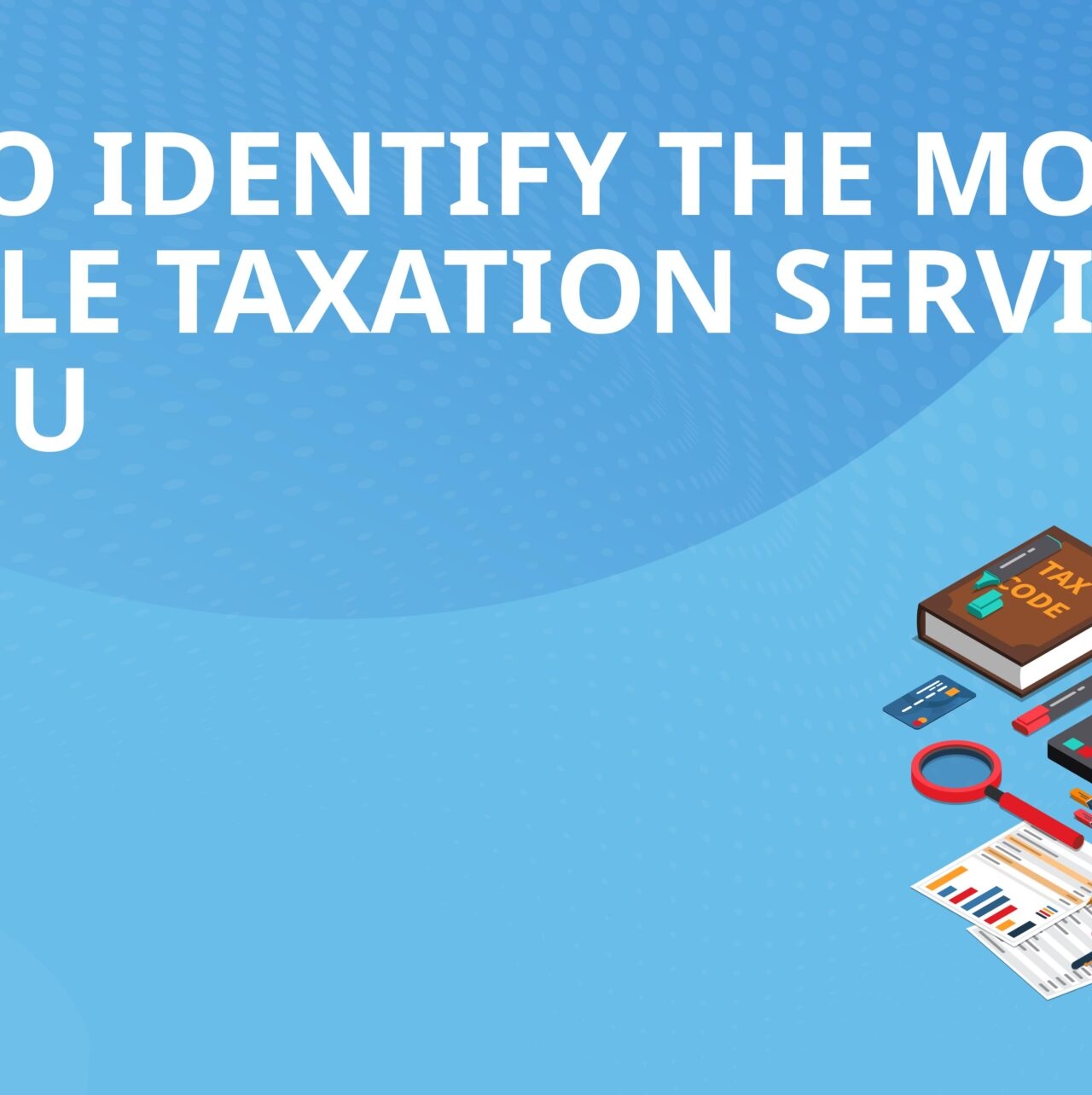Taxation in the United Arab Emirates is a major topic which is discussed daily. Surprisingly there’s no federal income tax in Dubai, UAE. So, many expats are drawn to the UAE because of its tax system. Employees pay no income tax, and there is no corporation or inheritance tax system. Nevertheless, the taxation system varies according to your purpose and needs. This blog consists of a number of taxation services which would be beneficial for you.
Mentioned Below are the Taxation Services:
–Federal Taxes
Income Tax
Individual Tax
Corporate Tax
Double Taxation
Tourist Facility Tax
–Regional Taxes
Free Trade Zones
Tourism
Rental Tax
–Taxes on Goods and Services (VAT)
Value Added Tax (VAT)
Excise Tax
Federal Tax
Income Tax
The United Arab Emirates has no income tax. As a result, there is no need to file an income tax return in the UAE because there is no applicable individual tax. Residents of the Emirates who are freelancers or self-employed are subject to the same rules.
Individual Tax
GCC(Gulf Cooperation Council) citizens, including UAE nationals, are subject to a 17.5% social security system in the UAE. UAE nationals pay 5% of their salary through an automated deduction, with the employer covering the remaining 12.5%. Employees of businesses and branches registered in a free trade zone are likewise covered by social security (FTZ). Residents in other GCC nations may be required to pay different social security contributions than citizens of their own country. Non-GCC nationals are not covered by social security in the United Arab Emirates.
Corporate Tax
In the UAE, only oil firms and foreign banks are subject to corporate taxes. However, the country has 45 free zones where enterprises registered in the UAE are excused from paying tax for a period of time that can be extended. Unless the corporation is subject to another type of income tax, there are no capital gains taxes.
Double Taxation
To encourage strategic worldwide alliances, the UAE is growing its network of Double Taxation Agreements (DTA) and Bilateral Investment Treaties (BIT). The UAE has signed around 193 DTAs and BITs with the goal of decreasing direct and indirect taxes on investments and earnings.
Tourist Facility Tax
The following taxes may be levied by restaurants, hotels, and resorts:
Tourism fee (6%)
Service charge (10%)
Room Rate (10%)
Municipality fee (10%)
City tax (6–10%)
Regional Taxes
Free Trade Zones
In the United Arab Emirates, there are free-trade zones with their own tax, customs, and import regimes. In fact, the United Arab Emirates has more than 40 zones. Companies in these special regions are exempt from paying corporate taxes for up to 50 years and are exempt from all import and export taxes.
Tourism
The cost of a hotel room varies per Emirate. A Tourism Dirham Fee of AED 7 to AED 20 is charged per accommodation in Dubai for each night of occupancy (up to 30 nights). In general, this is determined by the hotel’s star rating. Abu Dhabi adds a 4% surcharge to hotel bills, for a total of AED 15 per night, per room. AED 15 per room per night is also charged by Ras Al Khaimah hotels as a tourism fee.
Rental Tax
The taxation on rented homes varies per Emirate. Residential tenants in Dubai pay a rental tax of 5% of their annual rent, while commercial tenants pay a tax of 10%. In Abu Dhabi, however, UAE nationals are exempt from paying property taxes, but expats must pay 3%. In Sharjah, all tenants must pay a 2% rental tax.
Taxes on Goods and Services (VAT)
Value Added Tax (VAT)
In the United Arab Emirates, the VAT rate is 5%. Certain items, on the other hand, are VAT-free. In 2020, the UAE exempted some personal protective equipment used in the COVID-19 pandemic, such as medical and textile masks. The following items and services are also subject to a 0% VAT rate:
- Exports of goods and services to countries outside the Gulf Cooperation Council International transportation
- Precious metals of investment quality
- Residential properties that have recently been built
- Some healthcare and education service
Excise Tax
The UAE levied an excise tax in January 2017. This is an indirect tax levied by the government on goods deemed dangerous to human health or the environment. This tax applies to the following items:
- 50% on Carbonated Drinks
- 100% on energy drinks with stimulants like caffeine, taurine, ginseng
- 100% on Tobacco and Tobacco products
KLOUDAC Accounting Firm Dubai, UAE
KLOUDAC is a recognized accounting firm in Dubai, UAE with 15 years of service experience. We have built connections with over 500 customers. It has also won the certification of Xero Payroll and certification of Xero advisor from the world leading online accounting software – XERO. Moreover, KLOUDAC is a golden champion partner of Xero. Accounting and Bookkeeping is more convenient for the SMEs via KLOUDAC since they provide their clients with a whole package of services such as Financial Consultancy, Business setup, Audit and assurance services, Taxation services, Recognized accounting software and more.
